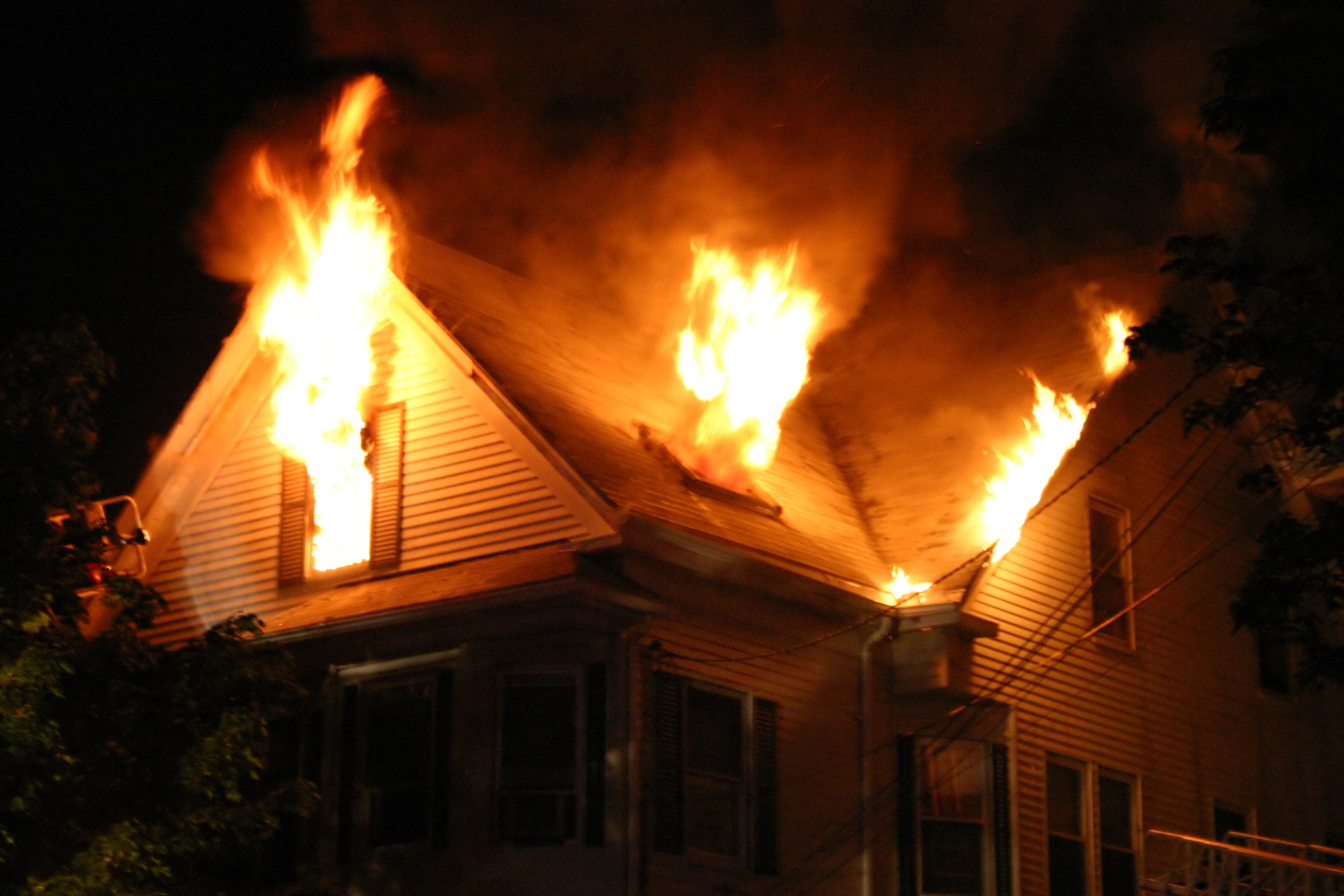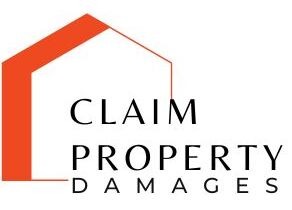
Fire damage can cause devastating losses for homeowners and businesses alike. When a fire occurs, the first question many policyholders ask is: does fire insurance cover negligence? The answer depends on several factors, including the circumstances of the fire, the type of policy, and whether negligence played a role.
At Claim Property Damages, we help homeowners and business owners navigate fire damage claims and ensure they receive the coverage they deserve. This guide will explain when fire insurance covers negligence, common exclusions, and how to protect yourself from liability.
Understanding Fire Insurance and Negligence
What Is Fire Insurance?
Fire insurance is a type of property insurance that covers losses caused by fire damage. Standard homeowners and commercial property insurance policies typically include fire coverage, but the extent of that coverage depends on the policy’s terms and conditions.
What Is Considered Negligence?
Negligence occurs when a property owner fails to take reasonable precautions to prevent a fire. Examples of negligence include:
- Leaving a stove unattended
- Faulty electrical wiring that was not repaired
- Improper use of flammable materials
- Ignoring fire safety recommendations
- Allowing hazardous conditions to persist
The big question remains: does fire insurance cover negligence? Let’s explore this in detail.
When Does Fire Insurance Cover Negligence?
1. Accidental Fires
If a fire results from unintentional negligence, such as forgetting to turn off a stove or overloading an electrical outlet, most policies will cover the damages.
2. Fires Caused by Tenant Negligence
If a tenant causes a fire through negligence, the landlord’s insurance policy may cover the structure, while the tenant’s renters’ insurance covers personal property damage.
3. Lack of Fire Prevention Measures
Some policies may still provide coverage, even if the homeowner did not take certain precautions, but the insurer may investigate whether negligence played a role.
Learn more about fire damage insurance claims at Claim Property Damages.
When Does Fire Insurance NOT Cover Negligence?
1. Intentional Fire (Arson)
Insurance policies do not cover arson, where the policyholder deliberately sets fire to their own property.
2. Gross Negligence
If an insurance company determines that the policyholder’s actions were recklessly irresponsible, they may deny coverage. Examples include:
- Ignoring repeated fire safety warnings
- Failing to repair known fire hazards
- Violating local fire codes
3. Policy Exclusions for Specific Fire Causes
Some insurance policies have specific exclusions, such as fires caused by faulty wiring in older homes or fires from high-risk activities.
Find out how Claim Property Damages can assist in denied fire insurance claims.
How to Protect Yourself from Fire Insurance Liability
1. Maintain Fire Safety Standards
Property owners should take proactive steps to prevent fires, including:
- Installing smoke detectors and fire alarms
- Conducting regular electrical inspections
- Keeping flammable materials safely stored
2. Document Fire Safety Measures
Keep records of fire inspections, maintenance work, and safety upgrades to demonstrate responsible ownership.
3. Review Your Insurance Policy Regularly
Understanding your coverage is critical in determining does fire insurance cover negligence? Make sure your policy:
- Covers accidental fires
- Includes liability protection
- Does not have excessive exclusions for fire-related damages
Claim Property Damages can help review your policy and maximize your coverage.
Steps to Take After a Fire Occurs
1. Ensure Safety First
Prioritize the safety of all occupants and call emergency services to extinguish the fire.
2. Document the Damage
Take clear photos and videos of the damage and keep all repair estimates for your claim.
3. Notify Your Insurance Provider
File a claim as soon as possible and provide:
- A detailed incident report
- Photos and videos of fire damage
- Statements from witnesses or first responders
4. Work with a Public Adjuster
If your insurance company denies or underpays your claim, a public adjuster can help negotiate a fair settlement.
Claim Property Damages specializes in fire insurance claim disputes and settlements.
Why Choose Claim Property Damages for Fire Insurance Claims?
Experienced Fire Damage Claims Specialists
- We advocate for homeowners, not insurance companies
- We help maximize claim settlements
- We navigate complex policy terms
Hassle-Free Insurance Claim Assistance
- No upfront fees – We only get paid when you win
- Fast and efficient claims management
- Dedicated professionals to handle negotiations
Contact Claim Property Damages today for expert fire insurance claim assistance.
Conclusion
So, does fire insurance cover negligence? The answer depends on the circumstances of the fire and the details of your insurance policy. While most policies cover accidental fires caused by negligence, they typically do not cover gross negligence or intentional damage.
To protect yourself from liability, homeowners should take proactive steps like installing fire alarms, maintaining electrical systems, and documenting safety measures.
If you’re struggling with a fire damage claim or facing a denied insurance claim, Claim Property Damages can help you fight for a fair settlement. Contact us today to ensure your fire damage claim is handled properly.
Don’t let an insurance company deny you the coverage you deserve—let Claim Property Damages advocate for you!
